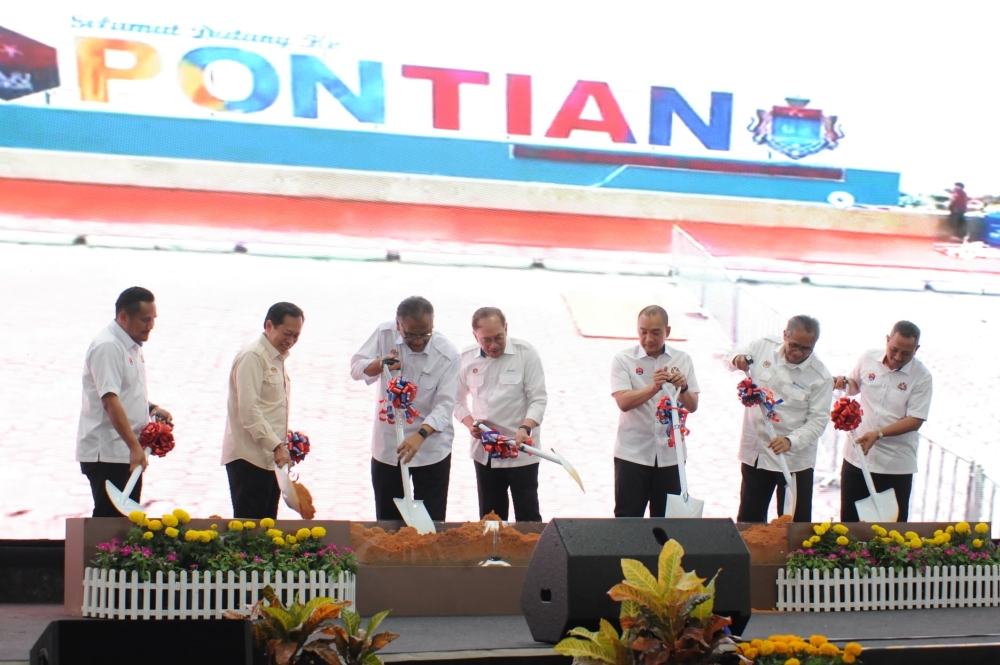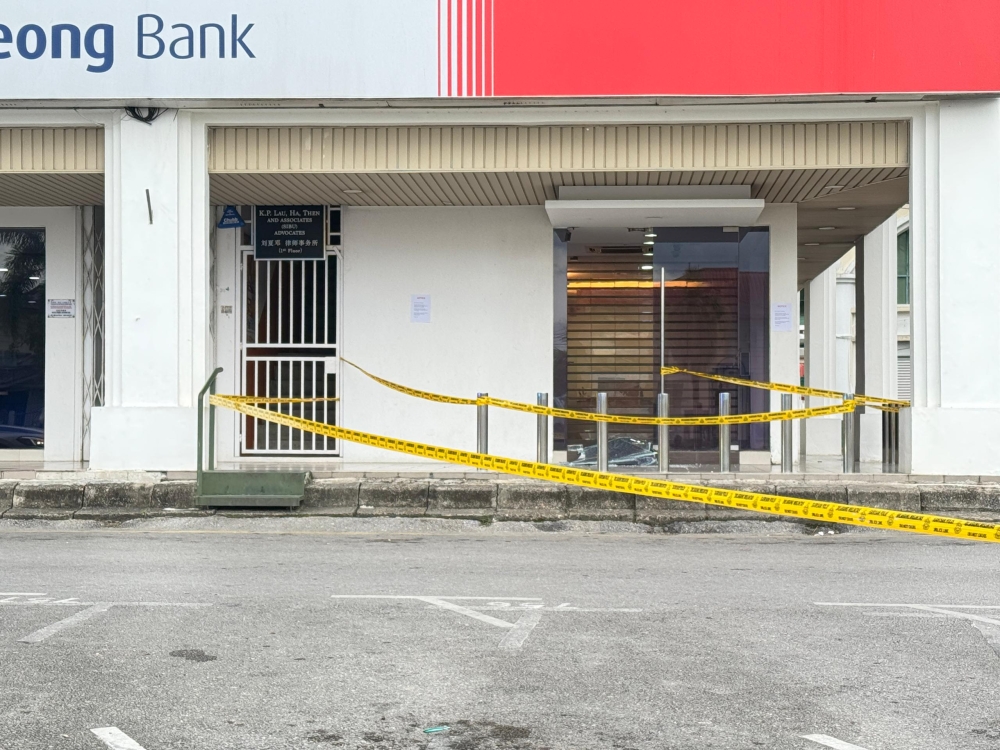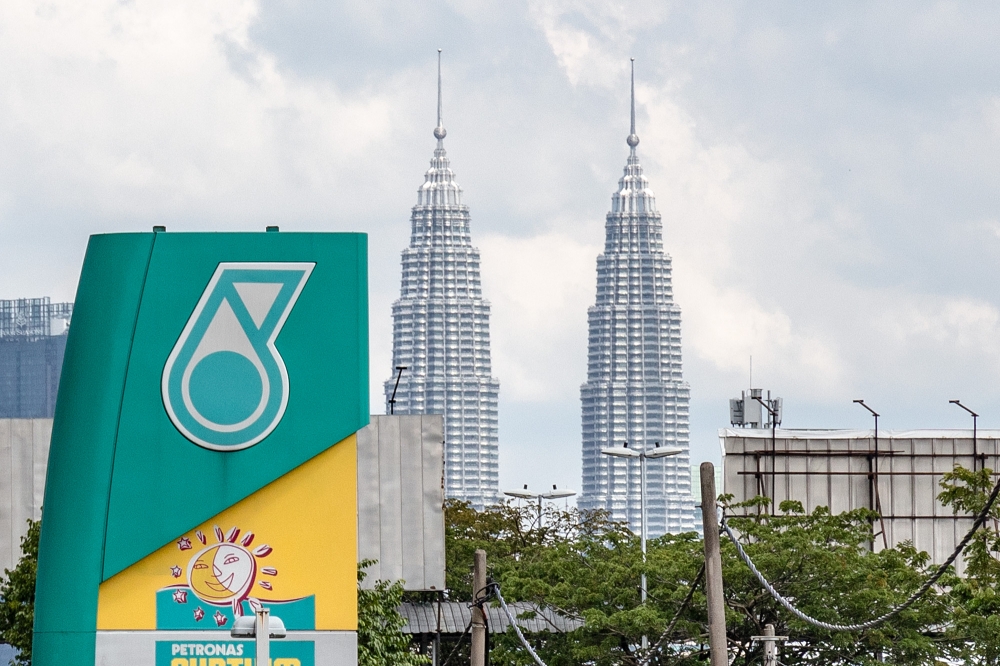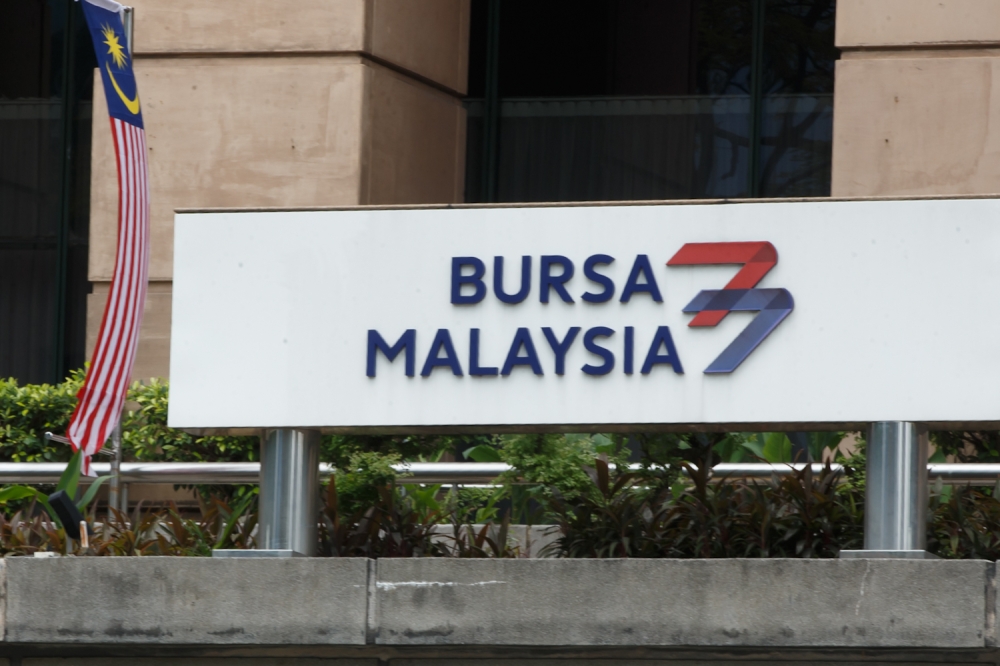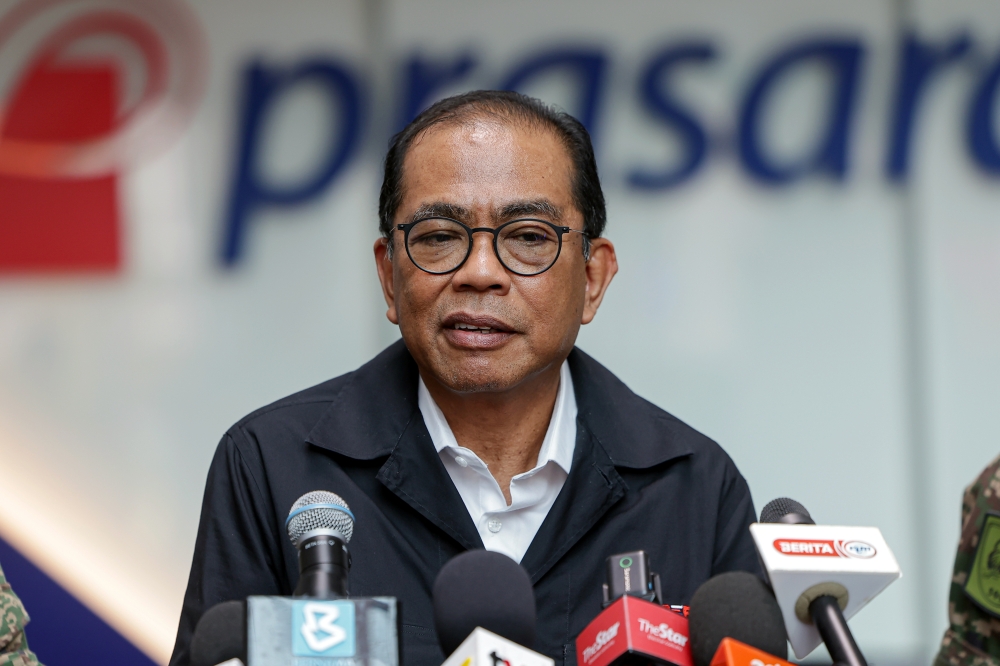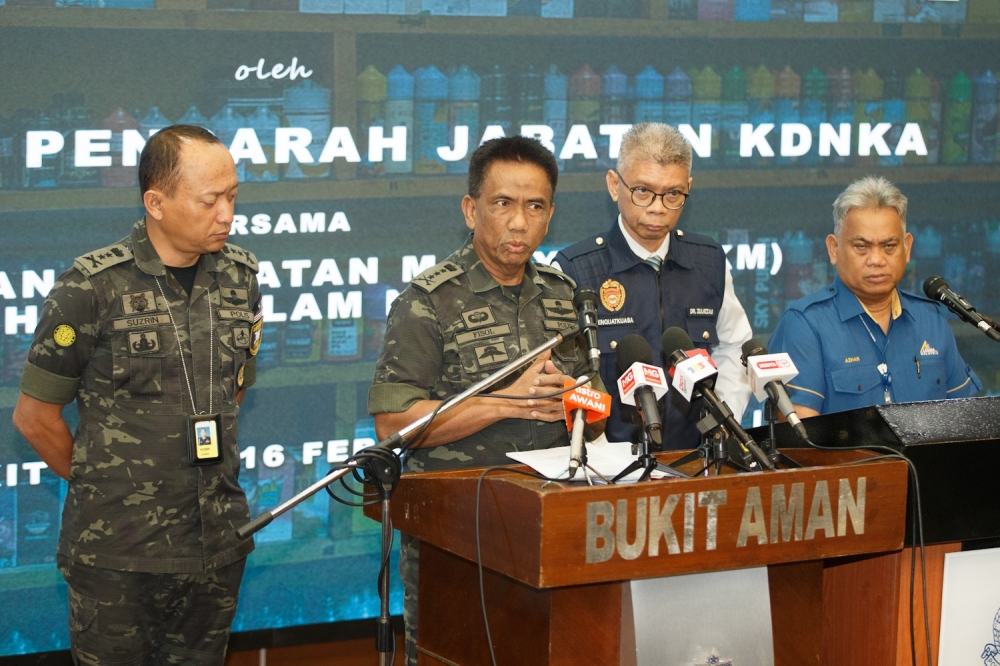KUALA LUMPUR, Oct 11 — Malaysia requires a great degree of political will to raise its revenue, said Moody’s Investors Service.
Senior vice-president (sovereign risk group) Christian de Guzman said the overall support for the economy had dwindled over time due to the emphasis on fiscal consolidation in the past.
“What has happened here is, perhaps due to other factors, not strictly related to the handling of the public sector finances but also political factors.
“The way fiscal consolidation has happened in the last 10 to 15 years is they (the government) have been cutting spending to match lower revenue,” he said at the MARC360: Pre-Budget 2024 Views Series 2 - Malaysia’s Long Story of Fiscal Consolidation webinar today.
De Guzman said in early 2010, Malaysia’s overall revenue-to-gross domestic product (GDP) stood at 20 per cent of the GDP but declined to about 15 per cent of the GDP while the fiscal deficit had been narrower than before.
He pointed out that Malaysia already has a buffer for unforeseen events and that buffer is Petronas.
“In the event of a massive shortfall in revenue or when there is a need to bulk up revenue to meet higher spending, whether it is a cyclical shock like Covid-19, or a large shortfall takes them away from fiscal consolidation, there is this tendency to tap into the national oil and gas company.
“This is interesting because other countries do not have Petronas. I think there is a degree of comfort taken by policymakers in Malaysia that there is some kind of financial back spot in the case of unforeseen events,” said de Guzman.
On environmental, social, and corporate governance (ESG), he noted that Malaysia was not going to be spared from fiscal climate risk, which also affected other countries due to the increasing severity and frequency of climate-related shocks.
“Flood is one of the incidents, which Malaysia is prone to. We are expecting to see more erratic weather patterns moving forward. Another part of our assessment of ESG is the current transition risk.
“Assuming all the countries in the world are continuing to work towards their commitment to the Paris Agreement, the long-term demand for petroleum and natural gas will dwindle over time. And to my point about Petronas, that means the buffer is not going to be there whether it is extraordinary dividends or current royalty income,” he said.
At some point, Khazanah Nasional Bhd was also seen as a source of income for the government and a way of addressing a better use of continuous sources of income, de Guzman added.
“Perhaps not using them as a source of financing but systemised their role in fiscal finance. We have already seen that in Singaporean state-owned investors GIC and Temasek Holdings where their returns are invested back into the budget,” he said.
Meanwhile, Datametrics Research and Information Centre managing director Pankajkumar Bipinchandra said the country has a low level of taxpayers in both personal and corporate segments, due to factors such as low wages and tax reliefs.
He said reducing subsidies should be considered especially with high spending that was dished out last year.
“To me, the right way to address this is to come up with a strategy to bring prices, not only to market price but to derive tax revenue out of it, say over a period of three to five years,” Pankajkumar said.
According to the Auditor-General’s report yesterday on the federal government’s 2022 financial statement, the government spent a total of RM62.11 billion in subsidies last year, with RM55.443 billion in subsidies charged to the federal government’s operating expenditure.
Part of the subsidy spending for petroleum products and cooking oil, which amounted to RM6.67 billion, was charged to the Covid-19 Trust Fund. — Bernama













